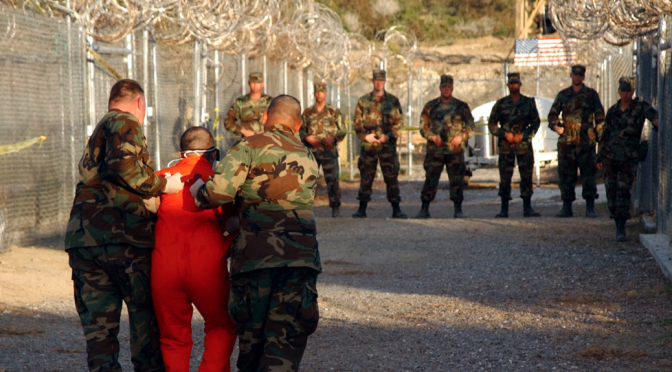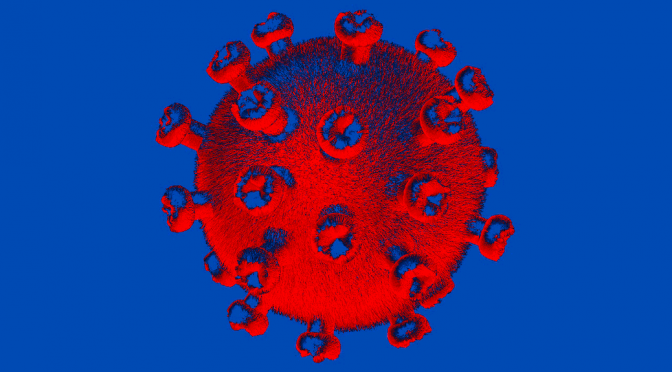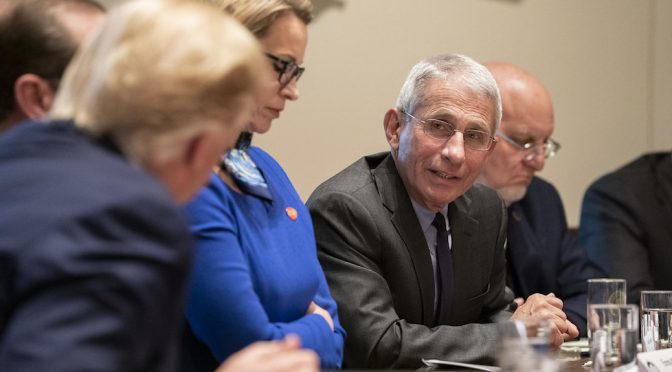The COVID-19 pandemic has brought new attention to what many familiar with Guantánamo Bay have known for years: the military prison lacks the infrastructure, expertise, and equipment to manage and address emergent health issues, including a serious viral outbreak. In this article, defense attorney and former Judge Advocate in the US Air Force Annie Morgan… Continue reading Guantanamo Detention in the Time of COVID-19
Tag: Public Health
Special Issue: Law and the COVID-19 Pandemic
As the novel coronavirus known as COVID-19 erupted and swept the globe in late 2019 and early 2020, a full-blown pandemic quickly and significantly affected the United States. As the public health crisis worsened in the winter and spring of 2020, it soon became clear that our national security institutions and processes were being tested,… Continue reading Special Issue: Law and the COVID-19 Pandemic
Leadership in a Time of Pandemic: Act Well the Given Part
The COVID-19 pandemic has presented unique questions and challenges, including what kind of leaders are necessary in this current crisis. The Hon. James E. Baker’s article highlights the need for leaders during the pandemic and the principles that can apply to the both the legal and policy responses to this current public health crisis. In… Continue reading Leadership in a Time of Pandemic: Act Well the Given Part



